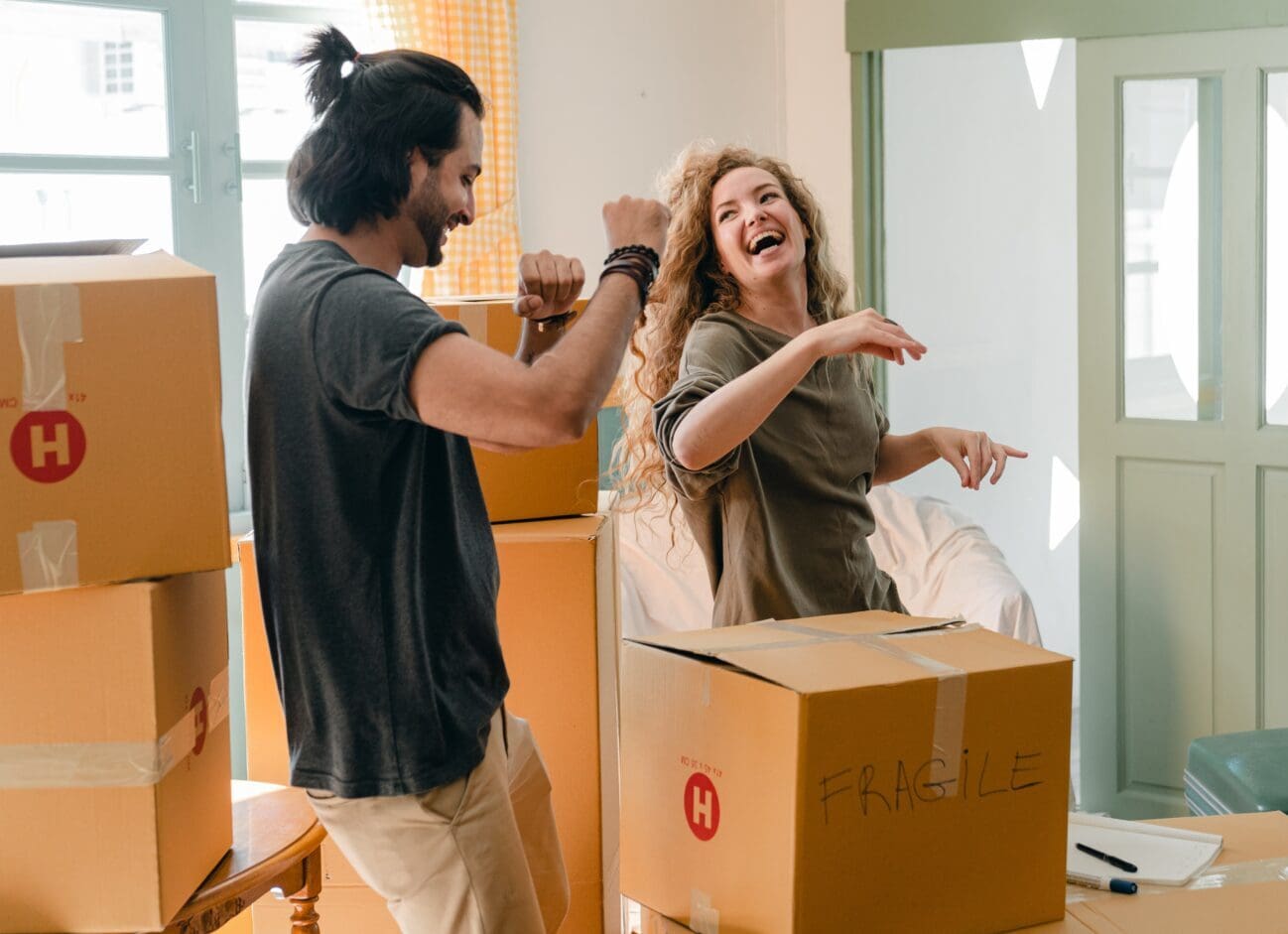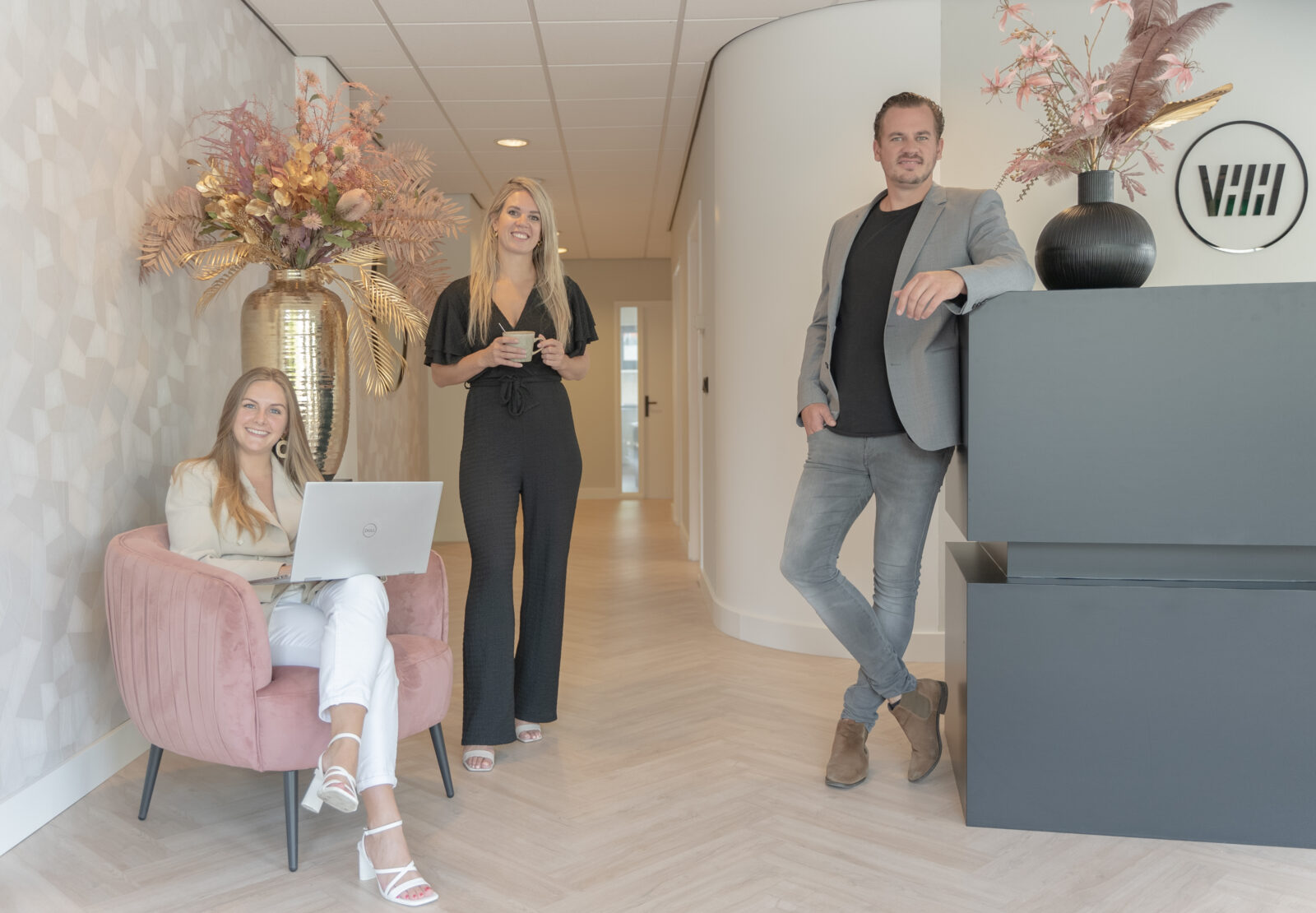Your first appointment with us is always free of charge. If you decide to continue with our services, we always inform you about the costs before we start the application. You can expect the costs to be between €2.500 and €3.000.

What are the conditions of an expat mortgage?
Many people inquire about the requirements for expat mortgages. It’s a common misconception that there are numerous restrictions for expats, but this is not the case. The only conditions are:
- You are an EU citizen or you have a non-temporary permit of residence
- You have a citizen’s service number (BSN). You receive one when you register with the municipality.
